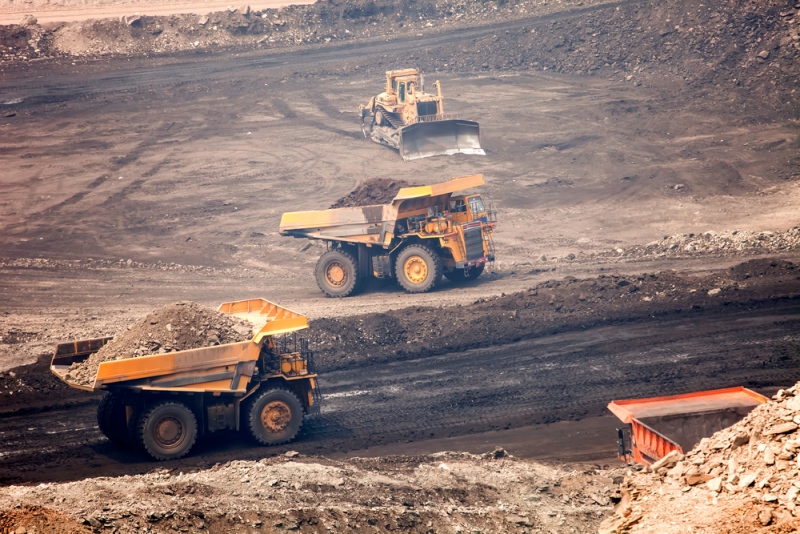Mining in Australia is dated back to the 1800s when silver and copper was discovered. Mining is a significant economic activity in Australia, and its future is foreseeable. Australia is one of the leading contributors of minerals in the world.
Australia mainly mines coal, copper, zinc, gold, uranium, lead, among others. The minerals have over the years contributed almost 5% of Gross Domestic Product. Export of these minerals is a primary revenue earner for the country. Additionally, mining has created employment opportunities for many people.
The mining industry is significant in Australia, and the government has hired external contractors to conduct mining efficiently. They are also suppliers to mining companies who are vital in supplying mining equipment and other supplies.
The impact of mining in Australia
1) Population growth
The Victoria gold rush led to immigration from the United Kingdom and other countries. People from other countries settled in Australia due to the mining of gold. Most of them were employed in the gold mine, and others were investors.
The population of Australia has significantly grown over the years due to mining activities that attract people beyond the boundaries.
2) Wealth acquisition
Most minerals are exported earning the country income. Australia is among the top five producers of iron ore, gold, zinc, and lead. It also ranks number four insignificant producers of black coal. Additionally, it is the world’s largest producer and supplier of uranium.
These minerals have gathered the country quite an amount of wealth.
3) The rise in living standards
Mining is an economic activity in Australia’s essential states; Western Australia, Queensland, and South Wales. It has benefited the people in the creation of employment opportunities consequently raising their standards of living.
Most people are employed making Australia to have a stable and favorable economy.
4) The attraction of major investors
Mining has attracted investors from China, the UK, and other countries. The investors contribute mainly to the mining industries by supplying expertise and equipment to Australia. It is also attractive in that investors contribute primarily to the economy of Australia through paying taxes and other legal costs of conducting business.
5) Pollution of the environment
Despite the benefits of the mining activity, it has also led to negative impacts on the environment. Victoria gold rush contributed a lot of wealth to the country. However, it largely contributed to deforestation, pollution, and erosion.
Queenstown mountain was also completely tampered with. The mining leaves open pits that are health hazards. Tampering with the land contributes to landslides, earthquakes, and erosion. The other factor is the emission of dangerous gas during the process of mining that is harmful to our health.
Many die during the process of mining.
Bottom Line
Mining has significantly impacted the economy of Australia. As the leading economic activity the country is free from risks of unemployment or deteriorating economic conditions.
The contribution of mining is notable in the country. Despite it having adverse effects on the environment it contributes almost 5% of the country’s wealth.
It is an economic activity that is not likely to enter recession stage shortly. Its future is promising and productivity in the economy of Australia.















